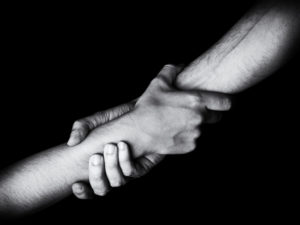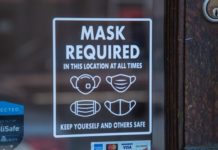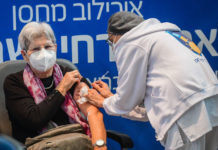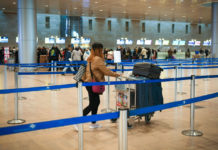
What Can I Do for Those Suffering and In Need?
By Susan Karol Martel
I was feeling a strange kind of helplessness and despair over not being able to do more for those suffering from the virus. Unlike myself, many are unable to work from home, if they have work at all. They don’t have the kind of health care I do or the finances to get through more than just a rough patch.
Adding another dimension to all this is my white privilege. It strikes me as incompatible hearing me describe myself as helpless and despairing. I fit none of the criteria of those suffering through this pandemic. I have had the luxury of working with clients from my home and remaining in place for almost a year and for as long as necessary.
In the midst of my malaise, a curious thing happened. I was walking my dog one evening at dusk within the Awbury Arboretum in Germantown. I happened upon a woman of color frantically combing a grassy area clearly looking for something with only the benefit of her phone’s flashlight. “I just live down the path no more than several minutes from here. I’ll bring you a larger flashlight and maybe that will make your search easier.” I was back in a matter of minutes just as dusk turned to dark. I gave her the large light for which she was grateful, and she asked for my name and information so she could return it.
I didn’t hear from her the next day or the next. Oh well. It was just a flashlight. Over a week passed. On New Year’s Eve day, I received a holiday card with a letter inside along with my flashlight.
“During a time in the world when helping strangers is limited,” she wrote, this was a bright spot in the midst of her dilemma. Because she found her keys, she was able to drive her truck and take her children home. Earlier that day, she explained, her mother-in-law passed unexpectedly, and she took her two young children out of the house to give her husband some space to make necessary arrangements.
This stranger said that my kindness was something she really needed that day. And there it was. I emailed her back immediately telling her that it was she who actually helped me by answering a question in the moments of my own helplessness — What can I do for those suffering and in need.
Jewish ethics and my mindfulness practice make it clear that when our eyes are opened and we are fully present, there are opportunities right in front of us to be helpful. Other wisdom traditions have said similar things. It is not one’s job to fix the injustices in the world, but you cannot turn your back when an opportunity presents itself.
I will never forget what friend and mentor ’80s radio talk show host Dr. David Reed said to someone who had called in with a question. Though I no longer remember the question, I do remember his answer. As difficult as our own situation may be, he said, there is always something we can do, some kindness we can show to someone who is also suffering. His reference went to those confined to the concentration camps during World War II. Some people shared their last morsel of bread or an article of clothing.
Though it was approximately 40 years ago, I hear David’s voice as clearly today. He said to his caller, even if you are in line for the gas chambers, you can turn around and console the person behind you with a word, a glance, your touch, a prayer.
Though my small kindness did not come as a result of a circumstance in any way comparable to this one, its principal remains the same. There is usually an opportunity to help someone who is in even greater need and the opportunity may come in unexpected ways. And within that exchange an entire world opens. Listen to your body when that happens; listen to your heart and never forget the gift you have been given.
Recently, listening to a talk given by Sylvia Boorstein, a Jewish Buddhist and revered teacher, underscored that my path is the right one for me. She said that our suffering comes from struggling with things we cannot change. When we focus on ourselves and want to be free of what hurts us, she tells us to look out and see others, share in their suffering and, when we respond, we can free ourselves from the limitations of our own self-interest.






